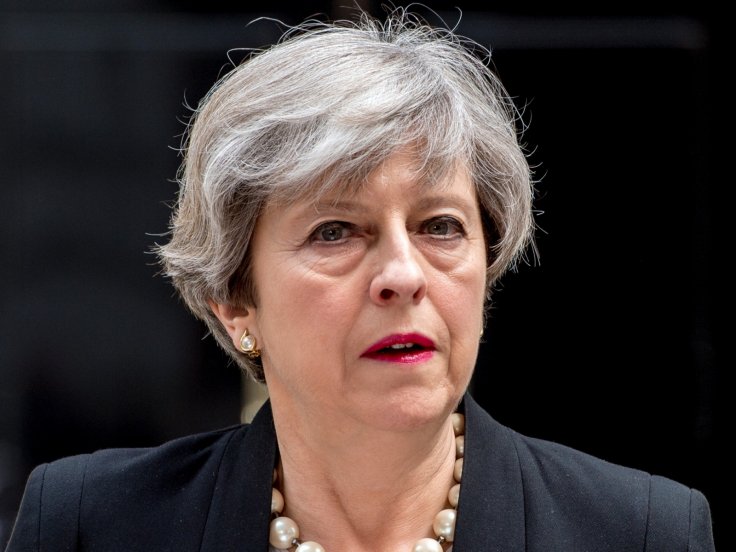
British Prime Minister Theresa May on Sunday said that her talks with the opposition Labour Party to break the current Brexit deadlock would mean "compromise on both sides."
May, in a video message posted on Twitter, defended her decision to engage in cross-party talks with Labour on leaving the European Union (EU). The decision touched off criticism and anger among her Tory lawmakers.
Further talks are expected this week after the prime minister earlier warned Brexit could "slip through our fingers" unless an agreement could be reached. However, there have been no reported signs of compromise from the Labour Party.
May reiterated her warning that Britain may not leave the EU at all if she cannot get a deal through Parliament, Xinhua news agency reported.
"Where we're at is that the government negotiated a deal with the EU, and my preference was for that deal to be passed by parliament, and we could leave the EU on that basis," she said.
"But parliament's now rejected that deal three times, and right now as things stand, I can't see them accepting it," she said.
The prime minister tried to win over the hostile Labour Party in order to get her Brexit deal, reached by London and Brussels in November 2018 after long painful negotiations, through parliament after it has been voted down three times since January.
"But at the same time parliament has also said that they don't want us to leave without a deal, with no deal," the prime minister said.
"So the choice that lies ahead of us is either leaving the EU with a deal or not leaving at all," said May.
With less than a week to go before the prime minister must travel to Brussels to request a further Brexit delay from EU leaders, little progress was reported to have been made on finding a compromise deal both the government and the Labour Party could back.
EU leaders will meet to decide on whether to give Britain an extension -- and how long it could be -- on Wednesday night.
Britain is currently due to leave the EU on April 12 and, as yet, no withdrawal deal has been approved by British lawmakers.
Labour wants Britain to remain a permanent member of a customs union with the EU, which would mean zero customs tariffs and a single joint trade policy. However, the Tories want to leave the customs union so that Britain can strike unilateral trade deals.








